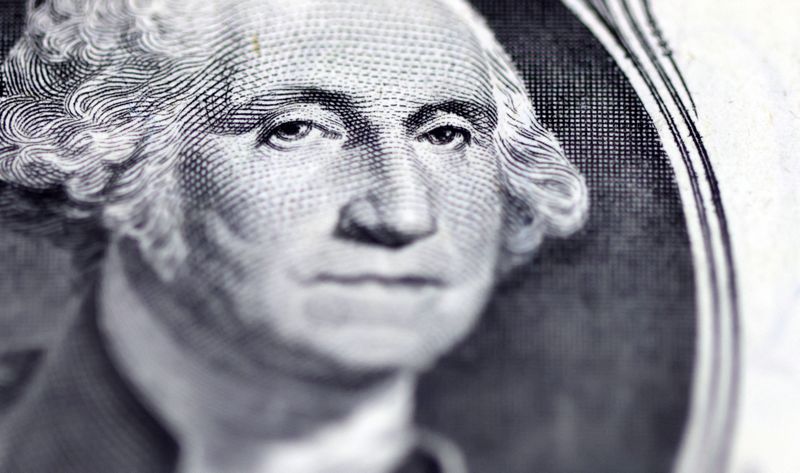
The Japanese yen extended its declines after the Bank of Japan struck a largely dovish chord, despite hiking interest rates for the first time in 17 years.
The dollar index and dollar index futures rose slightly in Asian trade, with focus largely on the conclusion of a Fed meeting later in the day.
The central bank is widely expected to keep interest rates unchanged. But any signals on potential rate cuts, specifically from a press conference with Fed Chair Jerome Powell after the meeting, will be awaited.
Traders fear a potentially hawkish tilt from the central bank, given that inflation read hotter-than-expected for the past two months.
Weakness in the yen saw the USDJPY pair surge nearly 2% since Tuesday to around 151.30- its highest level since mid-November. Losses in the yen came even with Japanese markets closed for a holiday.
The yen fared even worse against the euro, with the EURJPY pair surging to its highest level since 2008.
Weakness in the yen came chiefly after BOJ Governor Kazuo Ueda said the central bank will maintain accommodative conditions to support the Japanese economy. His comments largely overshadowed the bank move away from negative interest rates and yield curve control.
Analysts at Citi said that U.S. interest rates remained the main drivers of the yen, and that the currency only stood to strengthen later in 2024, if U.S. rates began falling.
They also cautioned over potential intervention in currency markets by the Japanese government, especially if USDJPY crossed 152.
Broader Asian currencies moved little, as anticipation of the Fed deterred any big bets. The Australian dollar rose 0.1%, with the AUDUSD pair recovering from sharp losses in the prior session after the Reserve Bank of Australia kept interest rates steady and struck a somewhat dovish chord.
The Chinese yuan was flat, with the USDCNY pair trading just a whisker away from the psychologically important 7.2 level. The People’s Bank of China kept its benchmark loan prime rate unchanged as expected on Wednesday.
The South Korean won’s USDKRW pair rose 0.1%, while the Singapore dollar’s USDSGD moved little. The USDINR pair rose above the 83 level.
To read the full article, Click Here
